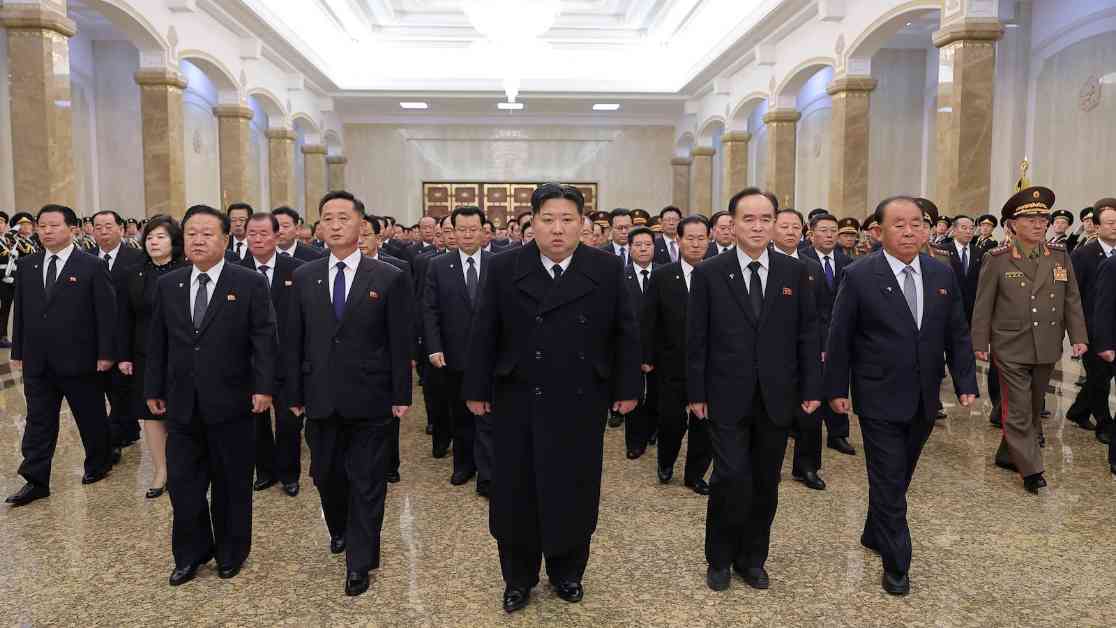North Korean Soldiers Suffer Heavy Losses in Kursk, Russia
SEOUL — In a shocking update, South Korea’s National Intelligence revealed that North Korea is considering deploying more troops to Russia, despite significant casualties. According to South Korean lawmaker Lee Sung-kwon, over 100 North Korean soldiers have been killed, and more than 1,000 injured in combat in the Kursk region of Russia. This development comes as a grim reminder of the ongoing conflict in the region, with estimates suggesting that between 10,000 and 12,000 North Korean troops are currently stationed in Russia, focusing their efforts on Kursk.
Ukrainian and American Reports Confirm Casualties
Ukrainian and American officials have corroborated the reports of casualties, with the Ukrainian Defense Ministry’s Main Directorate of Intelligence (GUR) reporting at least 30 North Korean troops killed and wounded in Kursk. The situation has escalated to the point where North Korean forces are actively engaged in combat and suffering losses, a stark contrast to the secretive and controlled image often portrayed by the North Korean regime.
Challenges Faced by North Korean Soldiers
South Korea’s National Intelligence uncovered evidence suggesting that the high number of casualties can be attributed to the deployment of North Korean soldiers as frontline shock troops in unfamiliar terrain. This lack of experience and training in handling drones has made them vulnerable to attacks, leading to a significant loss of life. The Russian army has expressed frustration at the incompetence of North Korean soldiers in dealing with modern warfare technology, further complicating the situation on the ground.
International Concerns and Ongoing Conflict
The escalating conflict in Kursk raises concerns about the stability of the region and the potential for further violence. The presence of North Korean troops in Russia has been a point of contention for neighboring countries, with the recent casualties highlighting the urgent need for diplomatic solutions to prevent further loss of life. The international community is closely monitoring the situation, with experts warning of the risks associated with the continued deployment of North Korean forces in the region.
As the situation unfolds, it is crucial for all parties involved to prioritize dialogue and cooperation to prevent further escalation of violence and ensure the safety of all individuals caught in the crossfire. The tragic loss of life in Kursk serves as a somber reminder of the human cost of conflict and the urgent need for peaceful resolution in the region.


